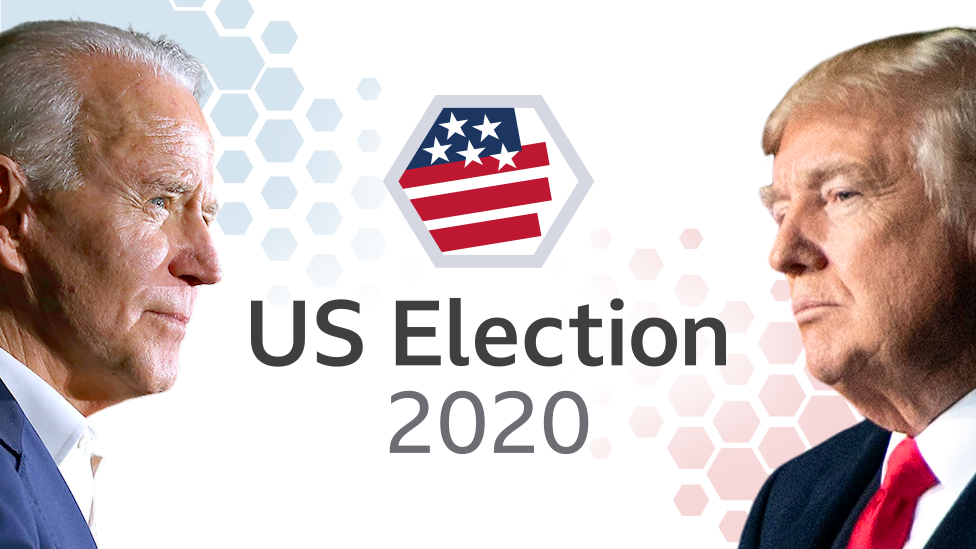The US Elections and Lessons Drawn in Kenyan context

Background
The recently concluded US elections present highlights and dimensions of democracy at work. Elections are the mechanisms whereby citizens enjoy the freewill and chance to select people to make political decisions on their behalf. They facilitate public engagement in critical activities, which entail identifying the personnel of government and determining the content of public policy. It also entails a process of accountability on the identified public personnel.
Both Kenya and the United States of America espouse democratic system of governance. Kenya’s democratic governance system is etched in Article 4 sub-article 2 of the Constitution. The ideological foundation of Kenya’s democracy enshrined in Article 4 Sub-Article 2 of the Constitution provides thus; “The Republic of Kenya shall be a multi-party democratic State.”
United States of America’s democratic orientation is enshrined in the Declaration of Independence and the Constitution. The US Declaration of Independence document presupposes that the government exists to serve the people who, elect representatives to express their will. The US Constitution outlines the trajectory of the US governmental system that strives to balance individual liberty with public order. Democratic system of governance entails choosing and replacing leaders through free and fair elections, active participation of the people, protection of human rights and the rule of law.
Kenya and the US hold regular free and fair elections after five and four years respectively. They practice varying types of democracy in which the US blending direct and indirect democracy in choosing their leaders. Thus, the electoral practice in the US entails popular voting and collegiate polling for Presidential candidates.
The US has an electoral college at the heart of its electoral system. While citizens directly vote, the choice of the President is made by Electoral College votes per state. Consequently, the winner of the popular vote may not always win the presidency in the US. The electoral system in Kenya is premised on peoples’ participation in the direct choice of the preferred customer.
Challenges in the Electoral Process
The structurally flawed US electoral system design, that unfairly denies the winner of popular vote win presidency except winning Electoral College polls, tends to cause conflict. A case in point was for Al Gore in 2000 and for Hillary Clinton in 2016.
Trump’s tenure has also exposed fundamental weaknesses and flaws in American democracy, in its ability to contain a rogue president and to hold them to account, and its reliance on the goodwill of its politicians to function. Notwithstanding the concerns of the many Cassandras, key United States institutions – including a decentralized election administration, an independent judiciary, a free media, and a mobilized civil society – were up to the task of protecting the country’s democracy. Campaigns were highly personalized depending on their race, gender or sexuality. Thus, Americans were targeted by the campaigns.
What was also unprecedented was the mobilization of voters on both sides. Never before have so many citizens put such tremendous efforts into encouraging people to register as voters. And never before have so many citizens cast their votes. There was also an unprecedented increase in candidates from marginalized groups. The 2020 elections saw a 105% increase in the number of women running for Congress in comparison to 2016, including a 138% rise in women of colour. There was also a 30% increase in the number of women running for State Legislature, and a 41% rise in LGBTQI+ candidates (more than the US has ever seen before).
Donald Trump was ousted from the White House by a strong coalition of minorities after majority backing from white voters. Biden’s victory and Trump’s loss was a reflection of the great racial divide that exists in the US, akin to the negative ethnic diversity constantly played out in Kenya and amply demonstrated in elections often marred by violence
The Lessons Drawn
The independence, professionalism, and dedication of electoral officials play a huge part in guaranteeing the credibility of election results.
The election officials should maintain integrity to imbue the electoral management body with credibility and trust. Despite the many complaints about the voting process by the political class in the US polls, the integrity of the election officials was largely intact.
Strengthening oversight mechanisms and imposing real limitations on the power of the presidency would be the only way to prevent an incumbent hardening into a despot.
Independent democratic institutions are central to successfully managing electoral controversies.
Rather than looking to the US model, Kenya will need to draw inspiration from its own progress, and continue to work towards a more inclusive democratic culture.
Kenya should continue to empower politicians from minority groups and learn from the mass mobilization of US voters.
Political mobilization for elections in Kenya should be premised on issue-based grievances and avoid pandering to divisive and narrow cleavages such as ethnicity.
Kenya must learn vital lessons from the US poll where transparency and accountability prevailed in in their independent conduct.
Candidates and political parties were clearly detached from the actual electoral administration process.
Courts were the last recourse to any disputes and they dispensed justice swiftly and fairly.
Leadership should absorb this vital lesson for our Judiciary and the Independent Boundaries and Electoral Commission appointments, to let them remain truly independent as the final arbiters of democratic and human rights affairs.
Politicians and political parties need to respect the doctrine of separation of powers between the Executive, the Legislature and the Judiciary.
Conclusion
The institutional capacity and ability of US elections management system has evolved over time and well tested to the extent that despite Trump’s threats, the system remained firm and focused. Once more the electoral process enhanced the trust and confidence of the American electorate.
Prof. Frederick Jonyo, PhD
Chairman of Political science,
University of Nairobi.
